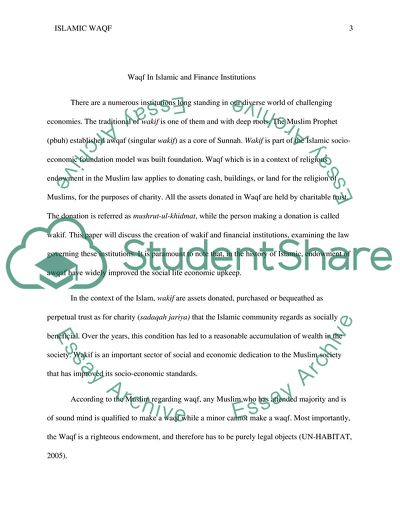Cite this document
(Implications for Growth of Awqaf Institutions Research Paper, n.d.)
Implications for Growth of Awqaf Institutions Research Paper. Retrieved from https://studentshare.org/law/1811142-waqf-in-islamic-and-finance-institutions
Implications for Growth of Awqaf Institutions Research Paper. Retrieved from https://studentshare.org/law/1811142-waqf-in-islamic-and-finance-institutions
(Implications for Growth of Awqaf Institutions Research Paper)
Implications for Growth of Awqaf Institutions Research Paper. https://studentshare.org/law/1811142-waqf-in-islamic-and-finance-institutions.
Implications for Growth of Awqaf Institutions Research Paper. https://studentshare.org/law/1811142-waqf-in-islamic-and-finance-institutions.
“Implications for Growth of Awqaf Institutions Research Paper”, n.d. https://studentshare.org/law/1811142-waqf-in-islamic-and-finance-institutions.


